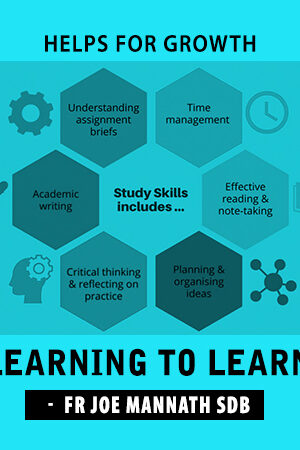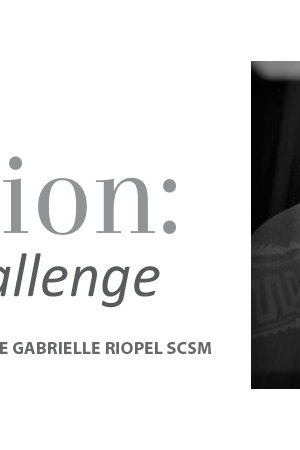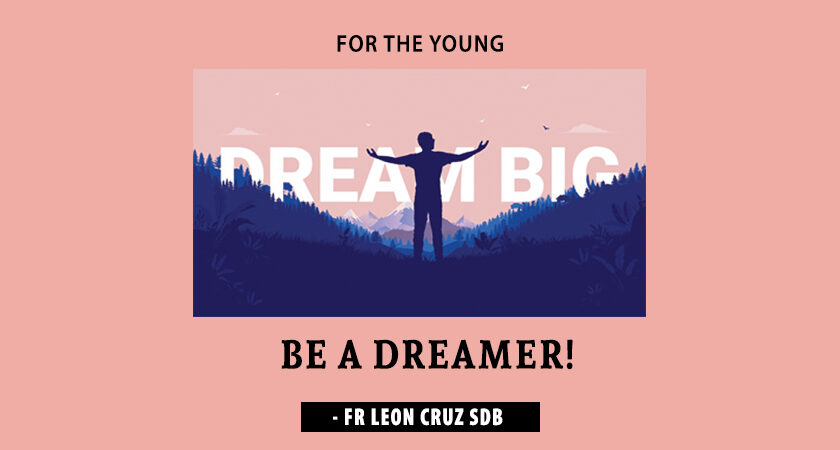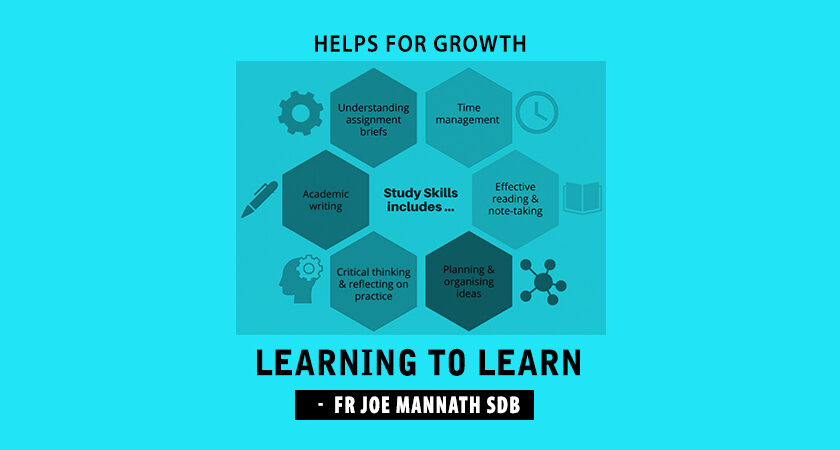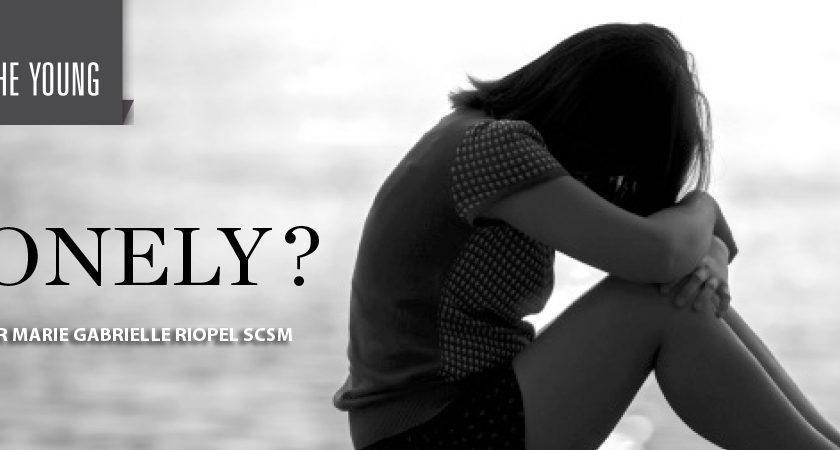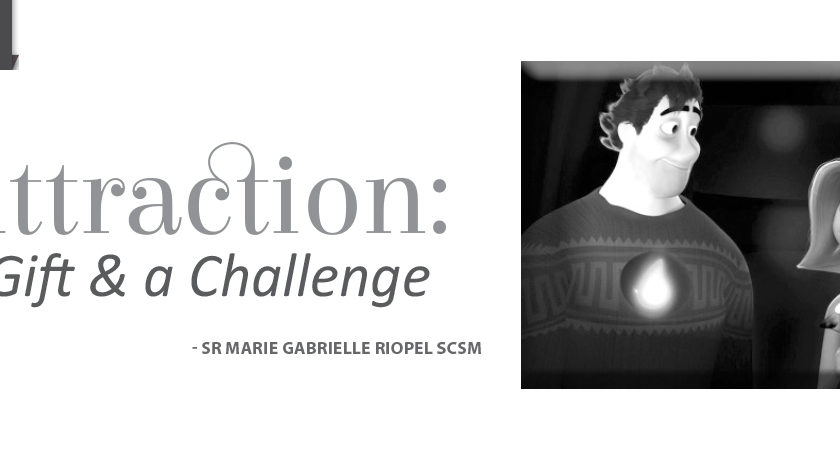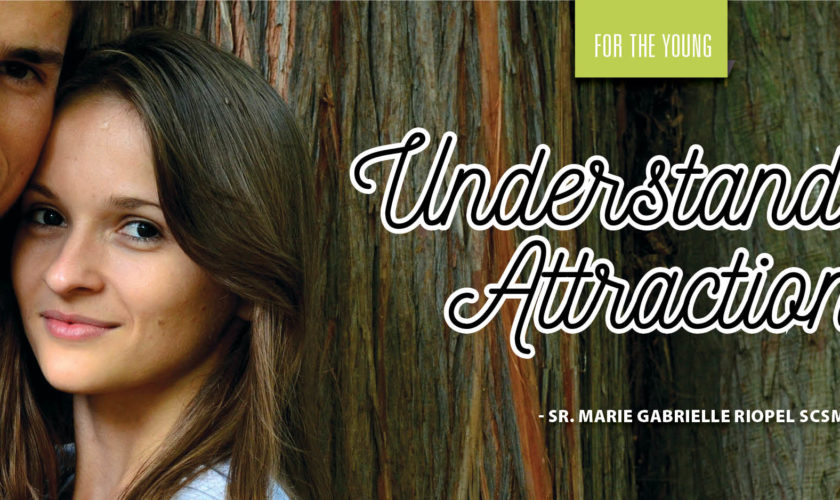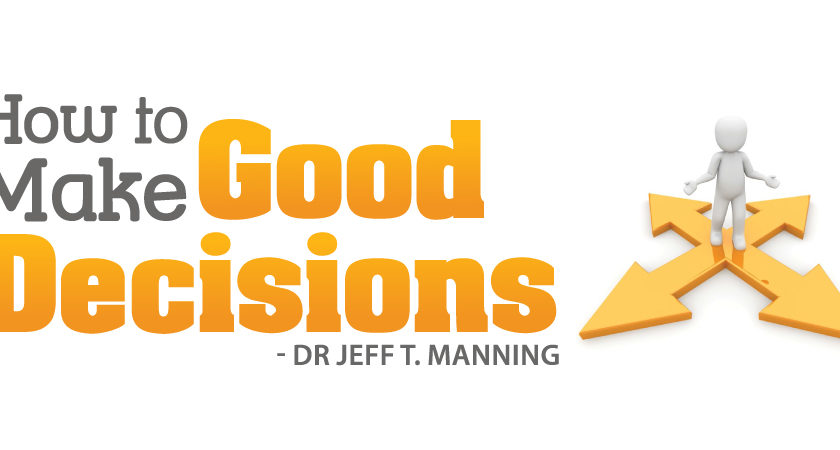In the book of Numbers, God tells the Hebrews, “Should there be a prophet among you, in visions I will reveal myself to him, in dreams I will speak to him” (Numbers 12:6).
All of us dream. In our natural dreams there is often no logical order. They can be projections of our insecurities, fears, anxieties, subconscious expressions, etc. We are called to stand tall while everything around us seems to be collapsing, to be builders, to be capable of dreaming. In his homily to the youth for the Diocesan World Youth Day on 21st November 2021, Pope Francis said,
“Let us not give up on great dreams. Let us not settle only for what is necessary. We are created to make God’s dreams come true in this world—when you are able to carry your dreams forward with courage, when you do not stop believing in the light even in the nights of life, when you commit yourselves with passion to make our world more beautiful and human. Thank you for cultivating the dream of fraternity, for caring for the wounds of creation, fighting for the dignity of the weakest and spreading the spirit of solidarity and sharing. And above all, thank you because in a world that, flattened by the gains of the present, tends to stifle the great ideals, you do not lose the ability to dream.”
Fr Leon Cruz SDB
To read the entire article, click Subscribe


